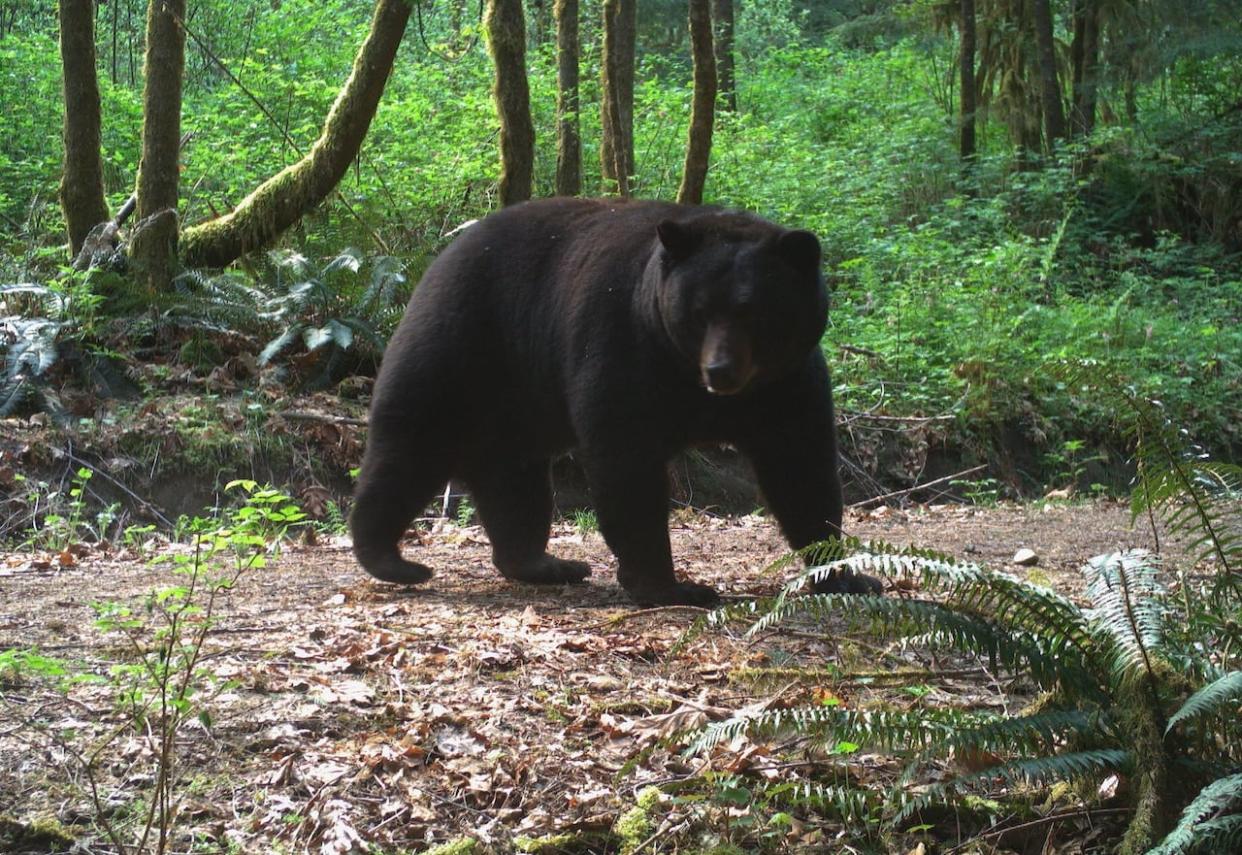Two Banff black bears destroyed — one for behavioural issues and another due to health

Two black bears, including a female cub and a radio-collared adult male, were destroyed last week in two separate events, according to Parks Canada.
In a statement sent to CBC News, the agency said it responded to a call regarding a "sickly-looking bear" cub wandering on its own in the Bow Valley Parkway.
In an unrelated incident, several reports of another bear within the Banff townsite were made to Parks Canada. These were for a bear that was managed, hazed and relocated away from high-volume areas in the spring of last year.
"Unfortunately, in recent weeks the bear started coming into busier areas of the townsite more often," Parks Canada said in a statement.
"Due to the risks to public safety posed by the bear's behavioural changes, Parks Canada made the difficult choice to humanely euthanize the bear."
The decision to put down the adult bear has left one wildlife expert with some questions.
John Clarke, a former Alberta fish and wildlife officer, said that it takes a lot of effort to properly haze and relocate a bear.
He noted that transparency is important in these situations and this leaves people with more questions.
"I would ask … 'Hey guys, did you monitor this bear 24/7?'" Clarke said. "How many people are actually monitoring them? Did you deal with the attractions?"
'Poor health status' led to cub's euthanization
When the agency found the one-year-old female cub, it was having difficulty moving. A wildlife vet with Parks Canada then examined it and found it to be in extremely poor body condition and severely dehydrated and anemic.
It also showed signs of "severe" neurological disease.
"Due to the cub's age and poor health status, rehabilitation was not a viable option," Parks Canada said.
"This was the most humane action to take for the sake of the animal."


